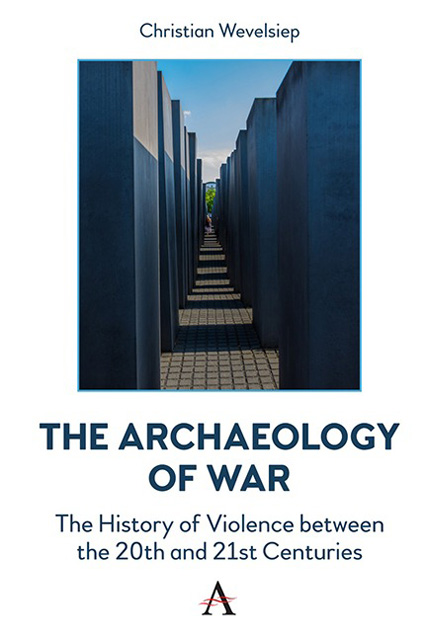Chapter Eight - The Valorative Space in Times of War
Published online by Cambridge University Press: 17 October 2023
Summary
In these times: the sentence is difficult to digest. It refers to the presence of wars that are disturbing in their presence and irritating in their form. In February 2022, war moved onto the agenda of the international order; unlike other wars, Russia’s attack on Ukrainian territory seemed to mark a turning point of which no one could say what options it opened up and in what direction it would point at all.
The present reflections must now distance themselves from current and time-bound events, if only because the overview of events cannot be assumed. The flood of publications and commentaries alone does not help to do justice to the dynamics of events, and only when this war, like many others before it, has been lost in the depths of history will it be possible to make more substantial statements.
Nevertheless, the fact that war enters the consciousness with all sharpness cannot be ignored. There is a need to deal with the phenomenon of war without being able to advance or influence the course of history. The reflections are thus again comparable to the flight of the eagle; they survey a wide field of violence and probe the violent events from a distance. The proximity to war, that is what affected people in contested zones have to endure, cannot trivially be produced; it cannot even be imagined or virtually generated.
The intrusion of violence into the present is remarkable in several respects. It is accompanied by a feeling of overwhelming and suddenness, as if a previously perfect world had been turned upside down and as if one had fallen back into the past. These are, however, ‘feelings’ that are understandable and plausible with increasing proximity. In view of this, is it necessary to emphasise that this war, too, must be placed in the context of the known history of war, and that the face of war is familiar in so many regions? Of course, this war is disturbing in the European consciousness – and this is probably also true when remembering the violence that was and is an equally oppressive historical fact in Southeastern Europe, in Bosnia, Kosovo, Georgia or Chechnya.
This war is as disturbing as wars are by their nature; there is no need for self-incrimination and accusations in this respect.
- Type
- Chapter
- Information
- The Archaeology of WarThe History of Violence between the 20th and 21st Centuries, pp. 117 - 126Publisher: Anthem PressPrint publication year: 2023

